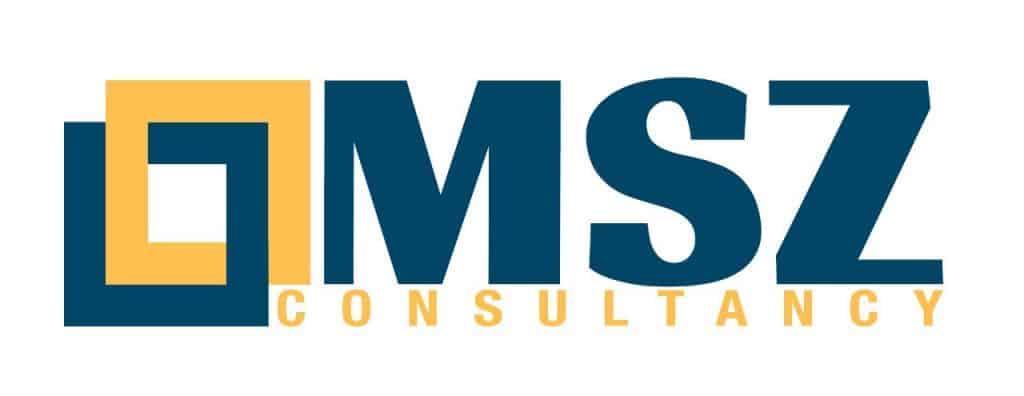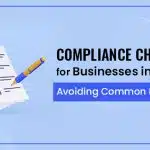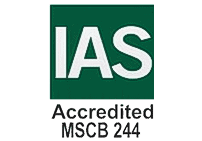What is VAT?
Value Added Tax or VAT is a consumption tax imposed on goods and services, which is levied at each stage of the supply chain where value is added, ranging from production to the point of sale. VAT is based on consumption, rather than on income. Unlike income taxes which are levied at varying rates based upon income, VAT is charged at a more equal level at the point of purchase. The amount of VAT a user pays is based on the cost of the product or service, minus the cost of materials or production costs which have already been taxed at previous stages. More than 160 countries around the world make use of a VAT system. VAT rates vary widely by country; standard VAT rates average 12% in Asia, 13% in the Americas, 16% in Africa, and 20% in Europe.
VAT in the UAE
Value Added Tax or VAT was introduced in the United Arab Emirates at the beginning of 2018. The VAT was intended to benefit the UAE by providing a new source of income that would help the UAE to continue providing high-quality public services. The VAT is also being leveraged to help the government move towards its vision of reducing dependence on oil and other hydrocarbons as a source of revenue.
But here’s something else you should know about VAT in the UAE. The government intentionally set a low VAT rate of 5% to benefit UAE businesses and foreign business investors, too. The UAE VAT rate is much lower than that of many other countries, so that’s just one more reason why doing business in Dubai makes good sense.
Even so, businesses in the UAE need to make sure they’re following all the proper channels to make sure they’re following the procedures set out by the public authority. Organizations enlisted for VAT must document their month-to-month/quarterly VAT returns in accordance with Federal Tax Authority guidelines. FTA regulations for VAT enlistment apply to nearly all business organizations in the UAE; some select goods and services are subject to a 0% rate or exemption, as long as specific conditions are met. Some businesses in the UAE are currently being sanctioned for failure to comply, and that’s not a situation you want to find yourself in if you can help it. It’s also important for businesses to stay on top of any ongoing changes or alterations in current VAT guidelines. To that end, it’s helpful to partner with a local VAT consultant to ensure that your business is following proper procedures and staying compliant.
Services Provided by VAT Consultants
The services of a particular VAT consultant can vary depending on the nature of the business. Some things that a VAT consultant can typically help with include:
• VAT compliance issues and control
• Minimize VAT liabilities
• Identify potential risks and provide solutions
• Identify prospective tax planning opportunities
• File VAT and payments
• Record and organize data
• Accounting & bookkeeping
• Purveyor organization
• Client organization
VAT Registration Process
Essentially, a business will need to decide which of the two kinds of VAT Registration to pursue: Mandatory Registration or Voluntary Registration. A knowledgeable VAT expert can assist the business with enrolling for VAT, including factoring in the absolute worth of available supplies and imports. The typical cutoff for obligatory business enrollment is AED 375,000, while the threshold for voluntary company registration is AED 187,500. It’s also important to understand that the mandatory registration threshold isn’t necessarily applicable to foreign organizations.
How to Register for VAT?
After creating an account, businesses can register for VAT through the e-Services portal on the FTA website. The FTA has implemented a 24/7 easy-to-use system for submitting tax returns and paying taxes via the e-Services portal.
Partnering with a reliable VAT consultant in the UAE can help you to navigate the various VAT-related exercises like VAT bookkeeping, VAT enrollment, VAT deregistration, maintaining appropriate VAT records and documentation, charge bookkeeping, charge counsel, VAT impact studies, and so on. And to that end, MSZ consultancy is a preferred local UAE consultant for all things related to VAT regulations for businesses operating within the UAE.

Documents Required for VAT Registration in Dubai, UAE
1. Copy of trade license (must be active and current)
2. Passport copy of the owner/manager who owns the trade license (must be active and current)
3. Emirates ID copy of the owner/manager who owns the trade license (must be active and current)
4. Contact details of the company (P.O. box and complete address, including building location & area)
5. Memorandum of Association (MOA) – (not mandatory for sole establishments)
6. Concerned person’s contact details (mobile number, designation, email address)
7. Bank details of the company (must be a corporate bank account – individual bank accounts won’t be accepted) (account name, account number, IBAN, bank name, branch name)
8. Turnover declaration for the last 12 months (should be signed and stamped by the owner of the company and must be printed on company letterhead)
9. Expected revenue & expenses for the next 30 days after getting the Tax Registration Number (TRN)
10. Is the business dealing with the customs department? If yes, then attach a customs letter.
All the documents required for VAT registration should be submitted to the Federal Tax Authority (FTA) online. After completing the online VAT registration application, it takes approximately 2 – 3 working weeks for the FTA to review the VAT registration application and issue the Tax Registration Number (TRN).
How We Can Help
MSZ CORPORATE SERVICES has a team of local, experienced tax consultants who can help you navigate all aspects of VAT in any emirates of the UAE. Partnering with us as your VAT Consultancy is a proven strategy for helping you to avoid any VAT problems, and also address any unforeseen VAT issues in the UAE.
Don’t hesitate to contact us with any questions or concerns! Reach out to schedule your FREE VAT business consultation now! Give us a call at +971525441248, or simply shoot us an email at info@mszconsultancy.com. There’s no need to wait; let’s connect and get started today!
Frequently Asked Questions
1. Is VAT applicable on services in UAE?
UAE imposes VAT on tax-registered businesses at a rate of 5 percent on a taxable supply of goods or services at each step of the supply chain.
2. Do freelancers pay VAT in UAE?
Freelancers are divided into three categories for the purpose of VAT. If the revenue is more than AED 375,000, then the freelancer has to register for VAT. If the revenue is between AED 187,500 and AED 375,000, then it is optional for a freelancer to register.
3. Can you charge VAT to a non-VAT registered company in UAE?
If your business isn’t registered for VAT in UAE, then you wouldn’t be able to charge that tax to your clients or customers.
4. What is the difference between VAT and non-VAT?
VAT is considered an indirect tax, while a Percentage Tax is a direct tax. As a direct tax, Percentage Tax (NON-VAT) is shouldered by the taxpayer, and can’t be passed on to customers. Selling Price or Service will equal the Total Amount Collected.
5. Which businesses are required to be VAT-registered?
It depends on where and how you do business. For example, any business providing taxable supplies in the Philippines is liable to VAT registration if their sales exceed PHP 3 million per annum. There is also a voluntary VAT registration option.











